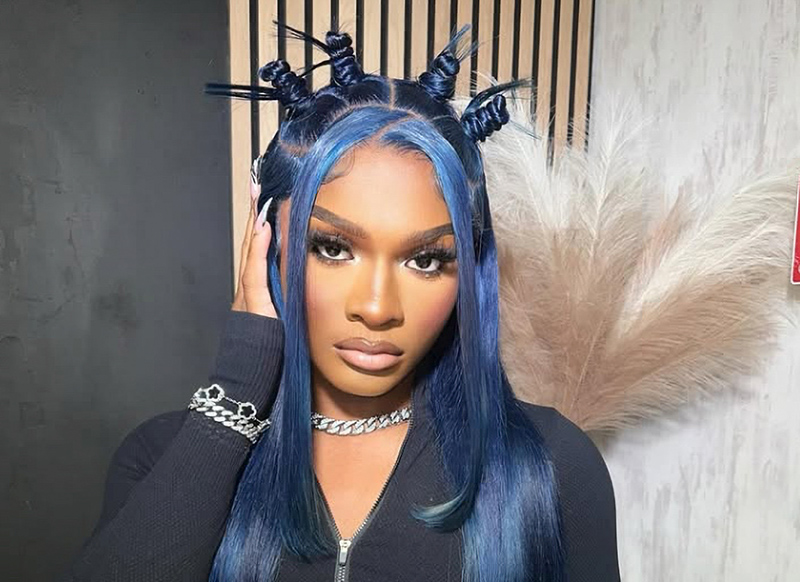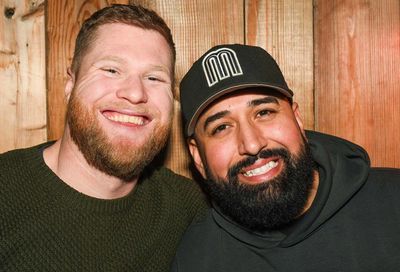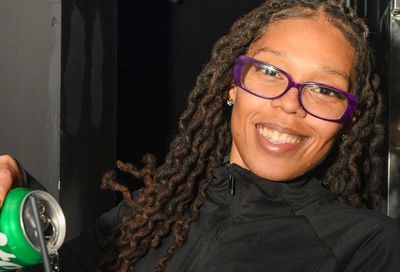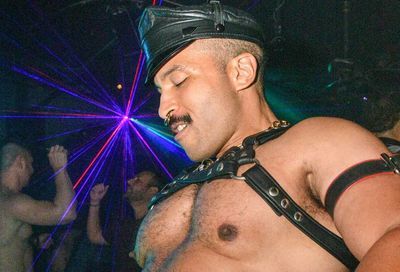Albert's Champion
It took 30 years for Glenn Close to bring Albert Nobbs from stage to screen, in the process devising an indelible, unique character

Glenn Close as Albert Nobbs
So it ended up being very subtle things. Changing the tip of my nose. Making my ears bigger because I have very small ears. Plumping out the ears so that they stick out a little bit — which I think gives Albert a kind of vulnerable thing. And then there’s these things called ”dental plumpers,” where they make a device that fits over your teeth and they add width to your gums. I just had a lower one, which just filled out the sides of my mouth a little bit. So that’s all it was.
MW: Someone asked me if the film is about transgenderism in turn-of-the-century Ireland. And I said, ”No, it’s not. It’s actually a very interesting mix of gender identity and lesbianism.” Interestingly, the film doesn’t hit you over the head with a sledgehammer on any of its issues. Rather, it makes its points in very small, precise ways.
CLOSE: I agree with you. Sometimes if you remove a story from our times, people think, ”Oh, this is going to be a certain kind of movie,” and then they’re blindsided by what it’s really about. There are still issues — both Albert and Hubert are battered women. Helen would have become one. So it’s about violence against women. It’s about survival. It’s about isolation. It’s about how far people go to survive if they need to, if they need to hide something that they think will threaten their existence. All those issues are huge today. Unchanged.
For example, the scenes with Kathleen and Hubert, which I just love, because you see two people who just love each other, who have a successful relationship — I think a lot of people forget that they’re seeing a lesbian couple, as they should. You just feel the warmth and the safety of their home. And that image of their sitting room becomes Albert’s dream, because it’s about a connection that she’s never had. But gender in some ways is irrelevant, because what Albert responds to and wants is that human connection. It doesn’t matter what gender it is.
The thing that is fascinating about Albert is that she basically has made herself invisible for 30 years and she’s just fine with that. The walls of her room aren’t filled with pictures of where she’d like to go or who she’d like to be. She’s safe in her job and she’s making money and she’s saving it, and that will keep her from the poorhouse. And that’s as far as she’ll go because it’s a waste of energy to think any other way. She’s surviving.
And so it’s not until [her true gender is] revealed — uncovered by Hubert — that the beginnings of the connection with somebody who’s made it work occurs. When she goes into Hubert’s house, it’s the first time she’s been in a house. She’d never been in a home before. When Helen puts her head on Albert’s shoulder and Albert puts her arms around Helen, that’s the first time she’s felt that kind of contact. You filter through those experiences as the first ever and they become quite powerful.
Support Metro Weekly’s Journalism
These are challenging times for news organizations. And yet it’s crucial we stay active and provide vital resources and information to both our local readers and the world. So won’t you please take a moment and consider supporting Metro Weekly with a membership? For as little as $5 a month, you can help ensure Metro Weekly magazine and MetroWeekly.com remain free, viable resources as we provide the best, most diverse, culturally-resonant LGBTQ coverage in both the D.C. region and around the world. Memberships come with exclusive perks and discounts, your own personal digital delivery of each week’s magazine (and an archive), access to our Member's Lounge when it launches this fall, and exclusive members-only items like Metro Weekly Membership Mugs and Tote Bags! Check out all our membership levels here and please join us today!



























